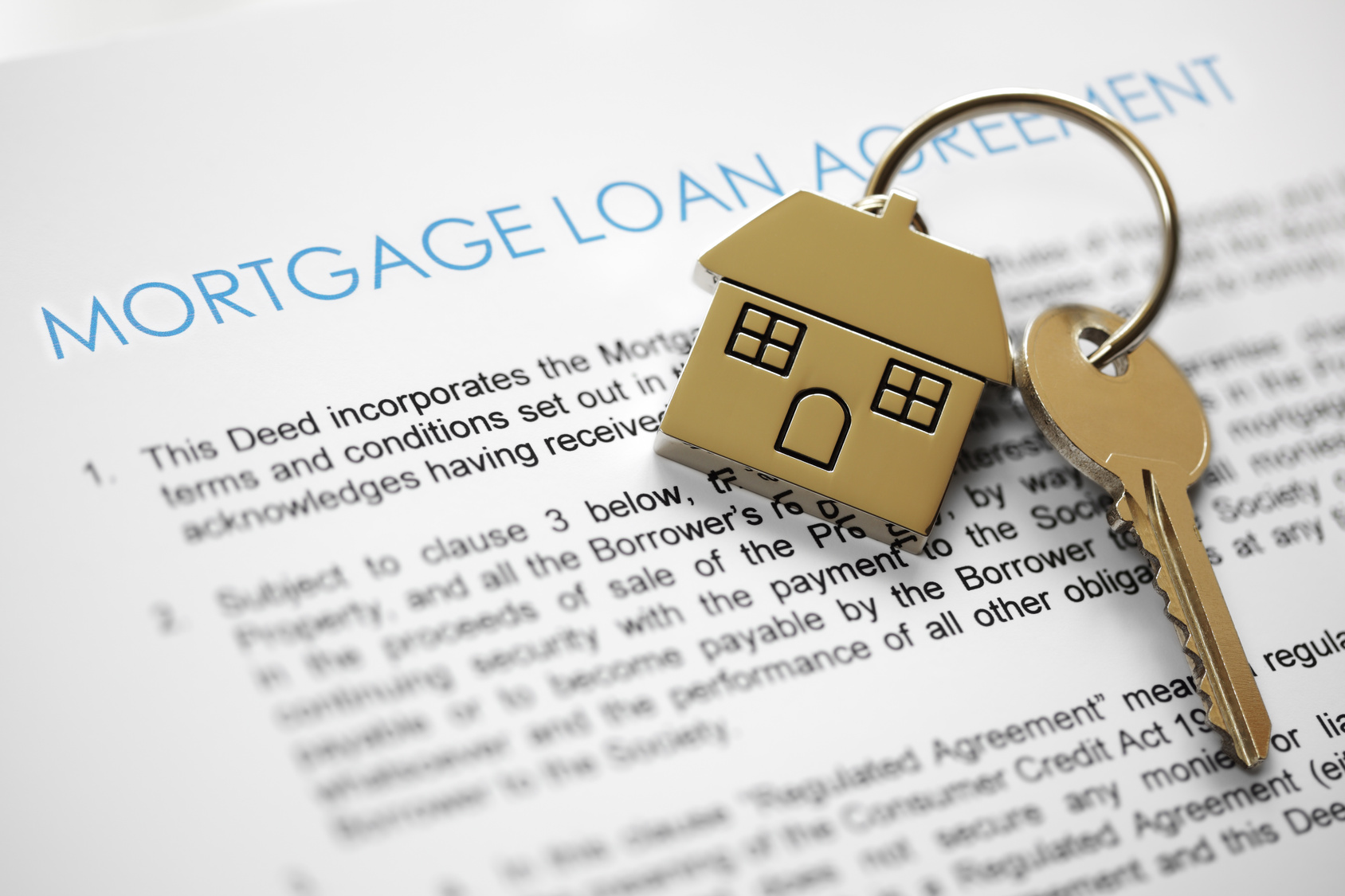Many investors have heard of hard money loans but don’t quite know all of the ins and outs. Generally speaking a hard money loan is funding issued by an individual or group of individuals for a real estate transaction. Instead of using strict lender guidelines they follow their own set of lending criteria. Greater emphasis is placed on the property and the deal itself rather than a credit score or debt to income ratio. Access to hard money allows you the capability of closing quickly and usually for a much lower price. Understanding all the different terms of a hard money deal can be confusing and difficult at times. Here is a guide of some of the key terms associated with a hard money deal.
- Loan To Value (LTV). LTV is the starting point of any deal whether you are dealing with a bank or a hard money lender. The LTV is the loan amount divided by the purchase price. Hard money lenders need to see equity in the deals they take. Their first rule of thumb is to be protected financially on any deal they are a part of. By coming in at anywhere from 65-75% of the property value there is enough equity to make them comfortable. The amount of down payment is your equity in the property. When you hear a hard money lender talk about their equity position this is the number they are referring to.
- Interest Rate. One of the biggest disparities between traditional loans and hard money is the interest rate. A 30 year fixed rate loan at a local bank is currently at three year lows of roughly 3.5%. While this certainly sounds attractive anyone that has closed a bank deal in the past decade knows the amount of red tape associated. When utilizing hard money you are partially paying for the speed and efficiency in which you can close. This is reflected in the increased interest rate. A typical hard money rate is anywhere from 10 to 16 percent depending on the market and the deal. At first glance this sounds insane but even with these rates there is still handsome profits to be made on the right deal.
- Points. In addition to the increased interest rate there are also increased fees associated with hard money loans. These fees are reflected in what is called points. A point is just another way of saying one percentage point of the loan amount. If you are borrowing $100,000 one point would be $1,000. Hard money lenders can charge anywhere from three to six points. This money is typically added to the total loan amount instead of having to come up with it out of pocket. You are not only paying to close quickly but you may have credit issues that permit you from using a bank.
- Loan Terms. Hard money lenders usually look to get in and out of deals as quickly as possible. This is why 99% of their loans are issued for rehabs and quick flips. The typical hard money term is anywhere from three months to as long as a year. Keep in mind that every day you don’t repay the loan you are accumulating interest fees. If you budget to be in and out in 90 days you need to do everything possible to hit your target. Some lenders have fairly significant penalties if you do not repay within your loan terms. There is not nearly the amount of paperwork with a hard money loan but you still have clearly defined loan terms on every transaction.
- Loan Amounts. There is no standard set of guidelines for hard money lenders to follow. Some have rules that are specific to them that others wouldn’t even consider. Before you get too far with any lender you need to inquire on loan limits. This works in either direction. Many lenders have a minimum amount that they will not go under regardless of how attractive the deal appears. On the flip side there are also limits to how far a lender will go. In most cases is the deal was juicy enough they would find the additional funds to make it work. However you need to know if there are increased rates or fees based on your loan amount.
In almost every market you can find at least a few hard money options. No area of the real estate business has increased more over the past five years. Between your real estate agent, attorney, mortgage broker and accountant you can probably find access to multiple options. Just like any other type of lender you can shop around for the best fit for you. It is tempting to focus solely on the interest rate and fees but flexibility and fit are arguably more important.
There are many investors who scoff at the notion of paying high interest rates and fees. However, access to a hard money lender gives you the ability to close many more deals throughout the year. You should think of this as the cost of doing business. There are times when a hard money loan is not your best options. You need to evaluate each deal on its on merit and figure out what is best for you. Even if you don’t use hard money all the time you should have access to a few lenders that you can call when a good deal comes your way.







